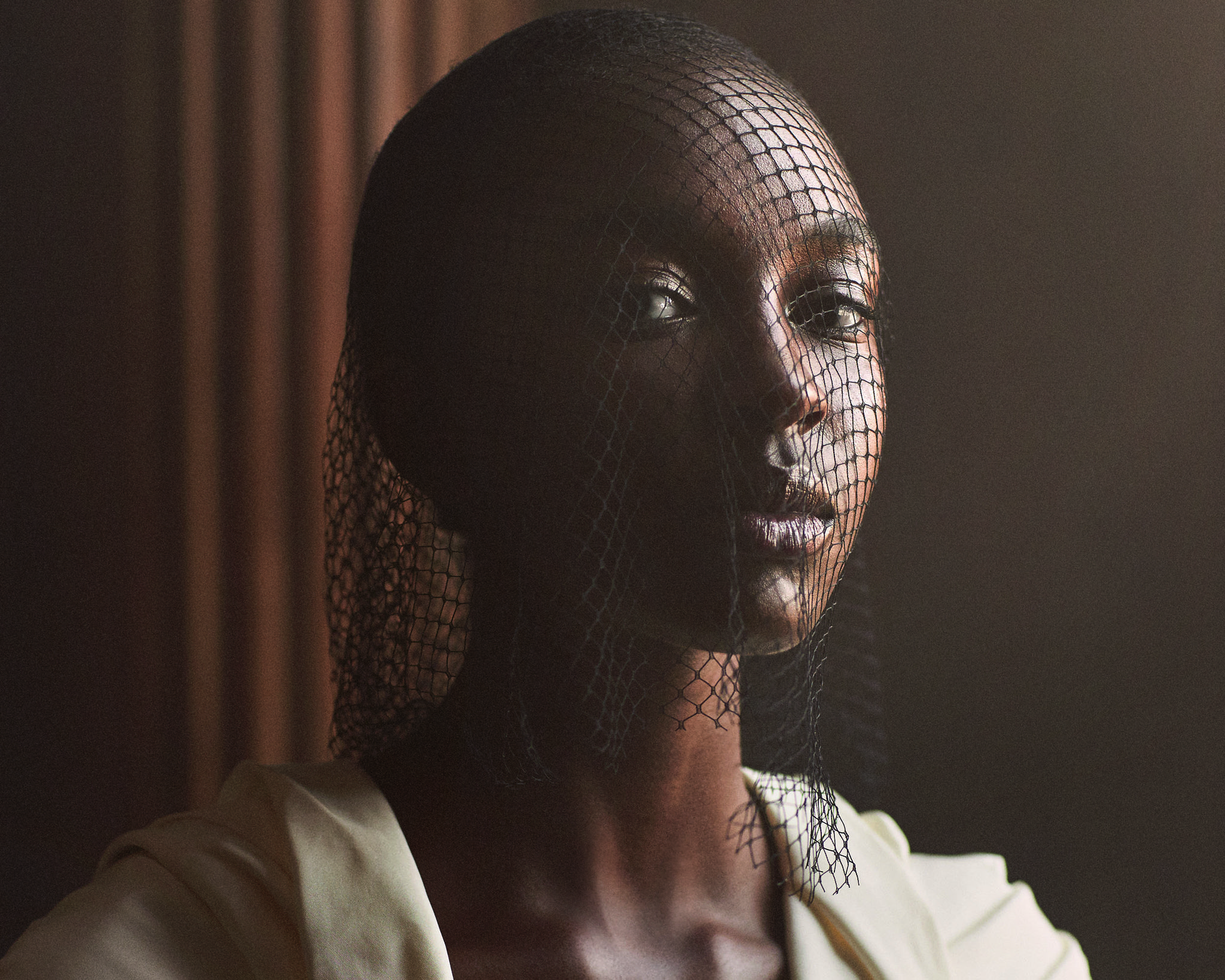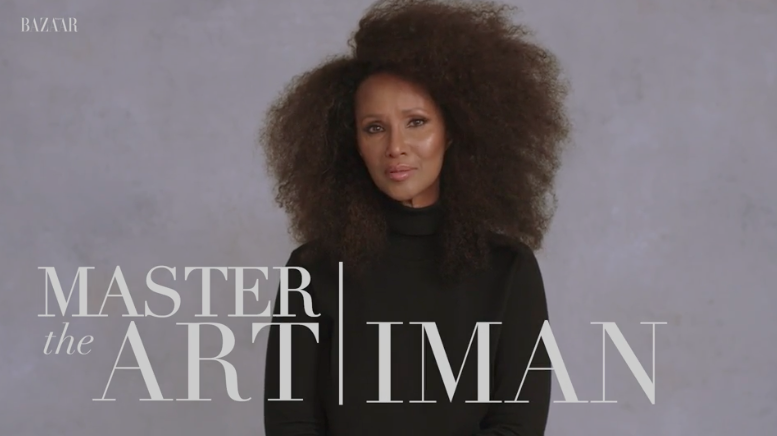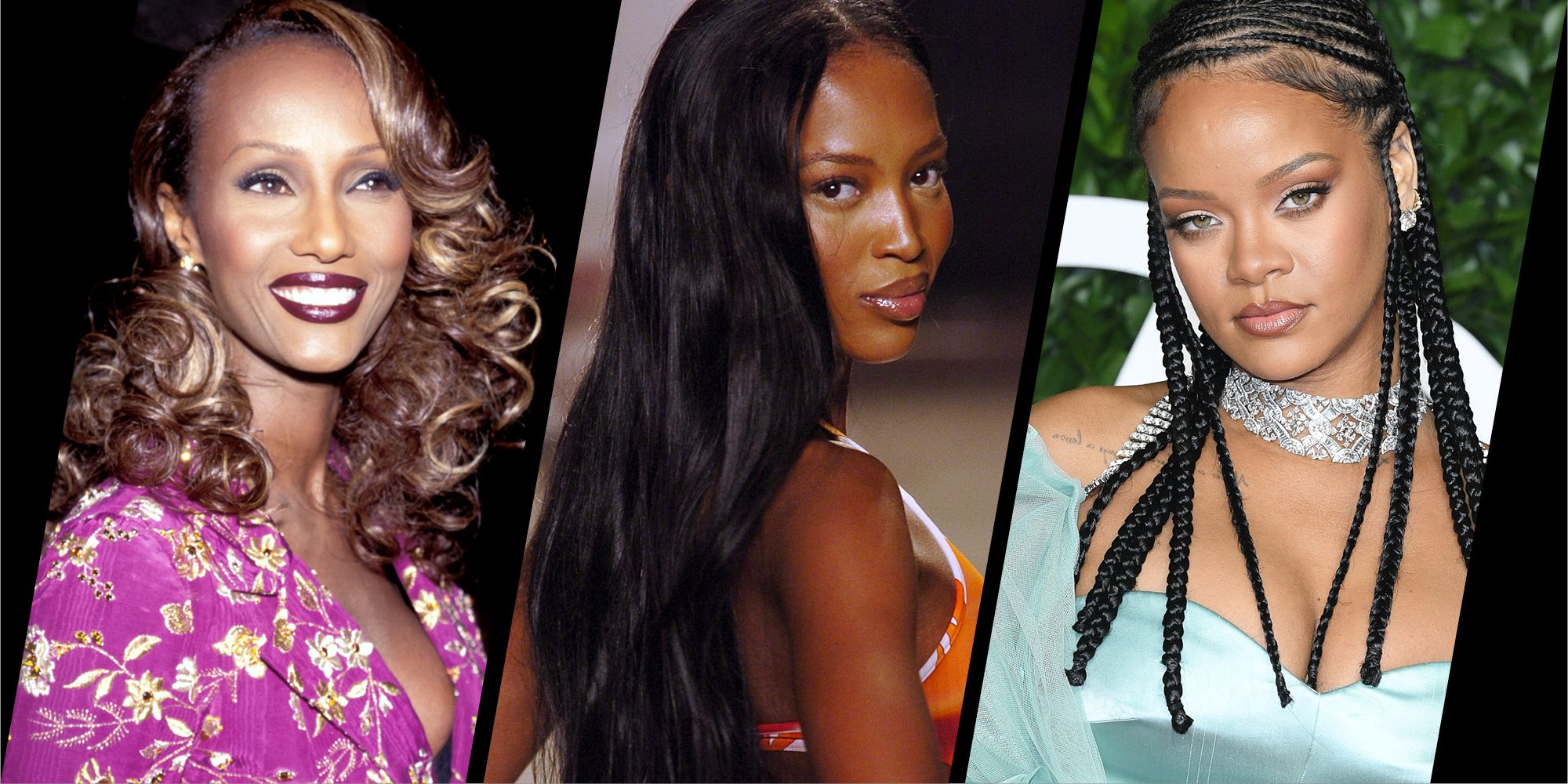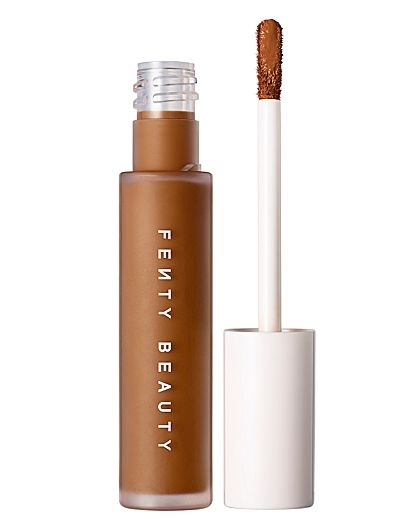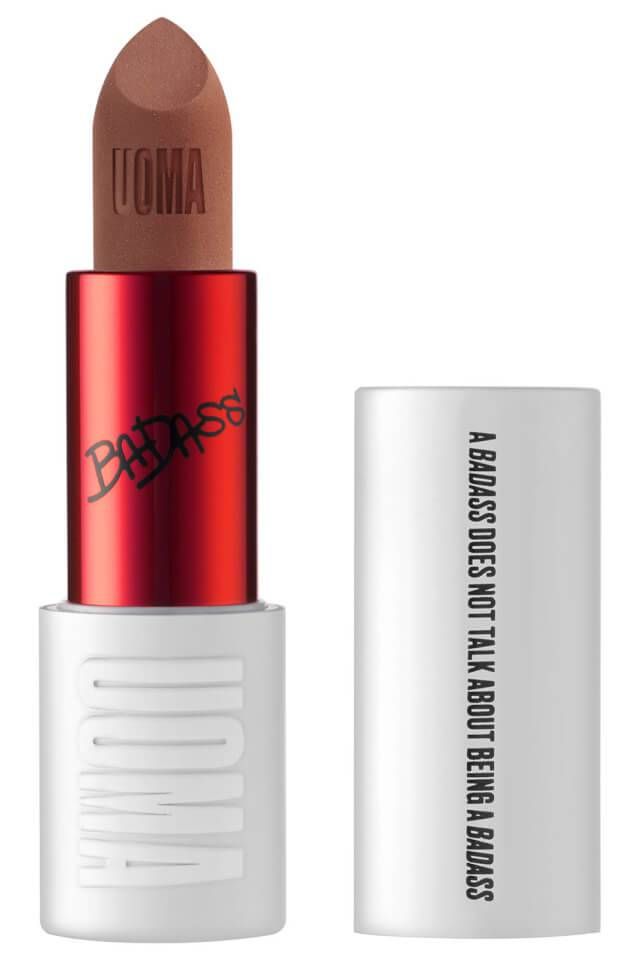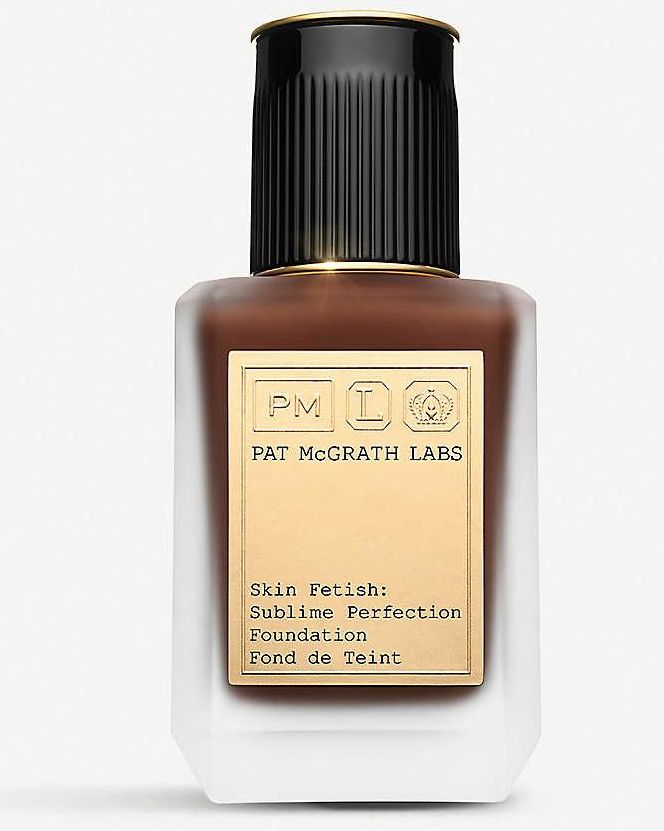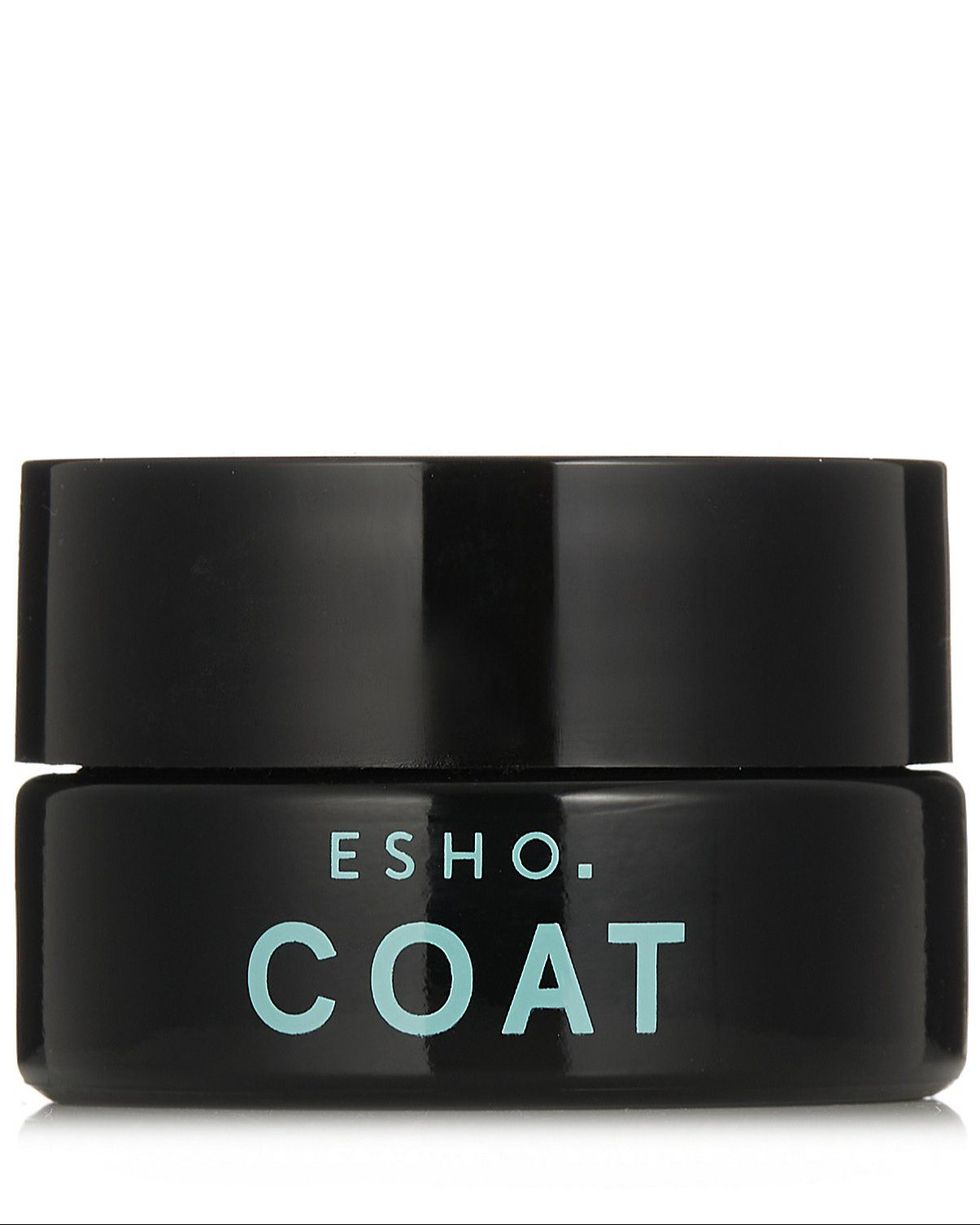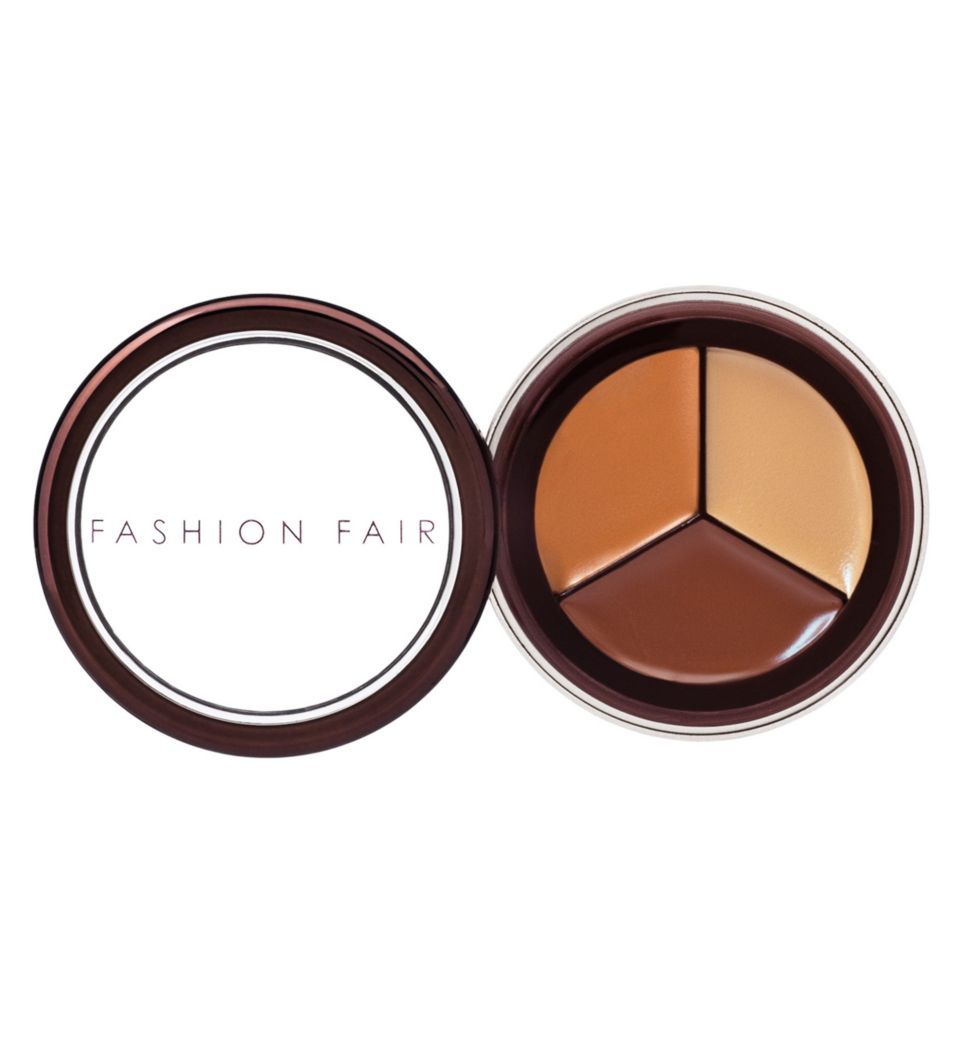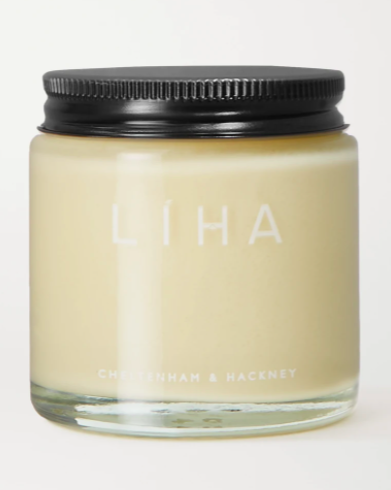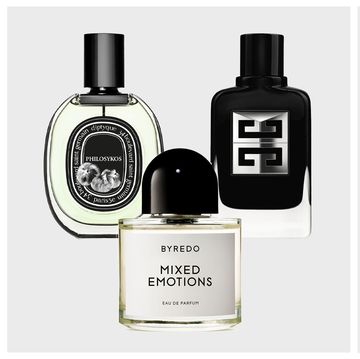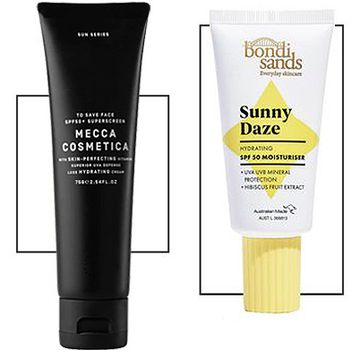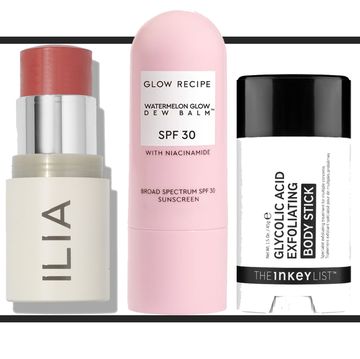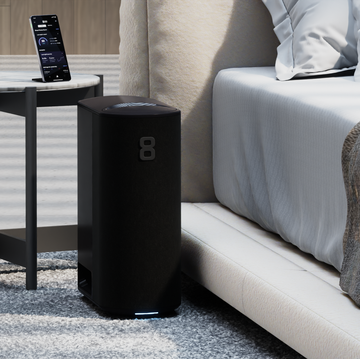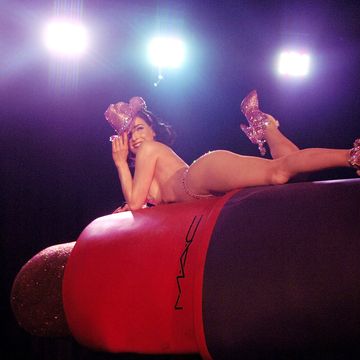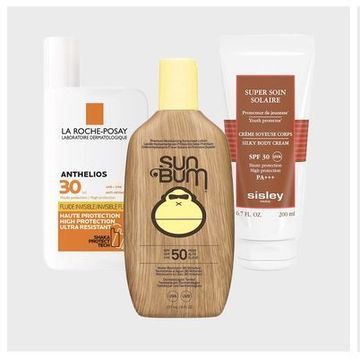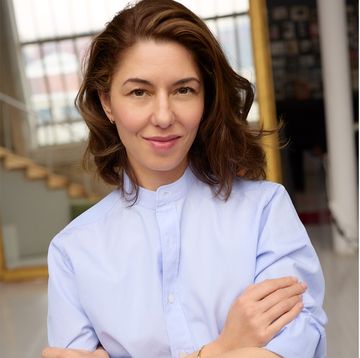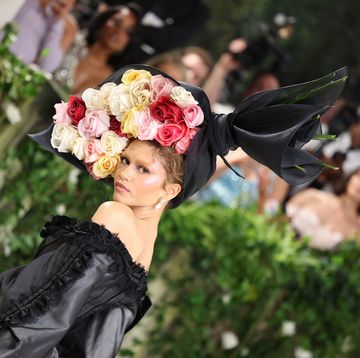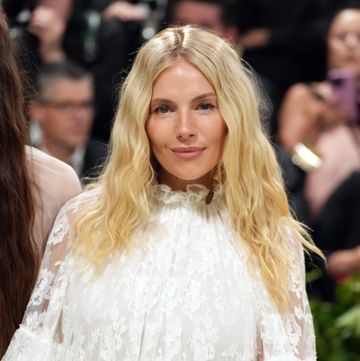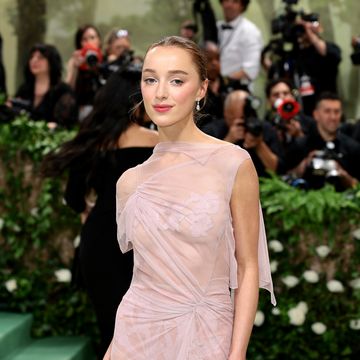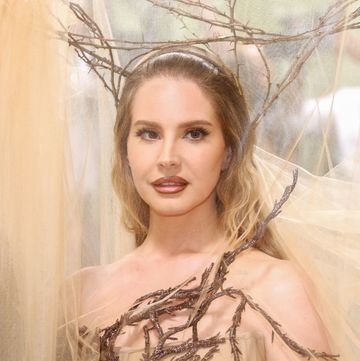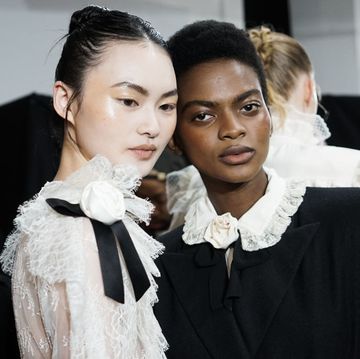It's long been overlooked, but it's now impossible to deny the huge global impact that Black beauty has had over the past century. For too long, so many have been quick to either trample on, take credit for, or just completely ignore the efforts of Black creators, artists and business owners. It's been exhausting and caused ruptures across the beauty industry.
Growing up in a predominantly white area, my Blackness stuck out, making me immediately ‘different’. This was made ever more obvious by the lack of products available for my skin. Each Saturday shopping trip with my school friends would see them picking up a host of different foundations and concealers, whereas my experience always left me empty handed.
After a taxing year for Black and ethnic minorities in 2020, the UK government’s Commission on Race and Ethnic Disparities determined that “structural racism in the UK does not exist,” although “outright racism still persists”. The commission focused on education, but it's undeniable that racial bias exists within many major business structures - including the beauty industry.
A Guardian article last year stated that “Black business owners often face greater difficulty in getting access to the funds necessary to keep their enterprise afloat – and are twice as likely to have loan applications rejected in comparison to white business owners”. This prompted eight UK-based Black-owned beauty brands to collaborate on the #pullupchallenge, and ask the beauty industry to do better in making sure to give Black-owned businesses a seat at the table.
Slowly, more Black-founded and Black-owned beauty brands are getting the recognition they deserve with help from initiatives like UOMA Beauty’s Pull Up For Change, by Sharon Chuter, which uses its Small Business Fund to support Black businesses.
The beauty industry has made huge leaps in recent years in terms of diversity and inclusion. When you browse any high-street store your eyes are now met with a plethora of shades to suit just about every skin tone. But, while its always encouraging to look ahead - and there is still a lot of work to be done - it’s important to look back at how Black beauty has evolved to lead us to this moment.
Most of the Black-owned beauty founders I spoke to launched their brands from a need to make space. “How do I create a space that is safe for everyone? How do I change this monolithic view of beauty and make beauty varied?” Chuter questioned. She’s right – the idea of a monolithic beauty ideal is so far from realistic. In fact, even the term, ‘Black beauty’ is reductive, whereas it actually encompasses a broad spectrum of skin tones, hairstyles, and textures. Emolyne Ramlov, founder of beauty brand Emolyne echoes Chuter, telling me, “I also felt majorly underrepresented as someone from an African heritage where the majority of the beauty market is focused on more of a one-size-fits-all notion in terms of colour.”
Despite the fact that the number of Black-owned brands we see on shelves today has increased rapidly, many of the founders have faced distinctly similar challenges to get there as Black entrepreneurs. Dr Esho, founder of Esho Cosmetics tells me, “In many ways I have felt like a unicorn – isolated. Stats show it's harder to get venture capital investment for Black-owned companies. Our brands often do not meet the criteria for investment, so you have to wonder why that is.” Make-up artist Joy Adenuga concurs, saying, “the major challenge from the beginning, and still is a challenge, is race. I’ve lost count of how many opportunities were presented my way but got taken away once they’ve realised I’m Black.” These words hit me with a sharp sting; this feeling of being judged on race is all too familiar.
With these brand founders all having faced such specific challenges, it would be naive to put this down to coincidence.
“What in the talcum powder was on your face in the Nineties?!” Chuter exclaims. The 1990s was really the birth century for ethnic make-up brands. The first pioneering Black beauty brand was Fashion Fair, which launched in 1973 in America, at a time where Black women were mostly neglected and discounted in popular culture. The brand broke new territory; before, there was no way of finding foundations with darker shades, and many people who were darker used formulas with ground-up chalk and unsafe ingredients. The Nineties saw a boom of ‘ethnic aisles’ in American drugstores thanks to the popularity of supermodels including Naomi Campbell and Iman, but these were often pushed to the back of shops, and there were no luxury offerings. Chuter tells me: “If you wanted to be Black-owned [in the Nineties], you had to be cheap. Even the bigger brands would make products for darker skins that looked - and were - cheap, as if that was the way they thought they would get to us.”
However, it’s fair to say that the aesthetic Black women were aiming for was far more chic than cheap. Adenuga describes the Black make-up trends in the Nineties as “a predecessor for what we now refer to as a natural, soft, glam look”. She continues: “Celebrities like Lauryn Hill, Halle Berry, Naomi Campbell and Aaliyah wore more understated lip shades likes plums and browns, naturally thick eyebrows and more of a subtle smoky eye.” Liha Okunniwa, founder of Liha, adds that the look was about “always making sure you are glowing from head-to-toe”. Glowing skin, now, is universally considered the Holy Grail. But during the Nineties, there was still a severe lack of shades for all, with Okunniwa noting that she had to use a dark brown eyeliner for her lips during the decade.
Then came the Noughties, which really saw its own evolution within the Black beauty sphere. Emolyne tells me: “Pat McGrath has always been a driving force, but especially in this era when she won the L’Oreal Pro-V Makeup Artist of the Year award two years running.” Pat McGrath Labs, the brand from the iconic British make-up artist, was one of the most highly anticipated releases of the decade, with sleek, luxury packaging and inclusive shades really raising the bar in the wider beauty industry. Adenuga describes the look of the Noughties as “a bit more glam, playful and experimental. We’re talking emerald green and blue eyeshadows, thinly plucked eyebrows and heavily glossed lips lined with a brown or plum liner.” McGrath's products really provided all the tools for this look, and Black women didn’t have to compromise on quality.
Keisha East notes one of the biggest transformations to the beauty world was the inception of Fenty Beauty in 2017. “It changed the game again, making it super accessible to find all types of shades in mainstream stores.” Upon its creation, it was announced that Rihanna’s eponymous brand would be releasing 40 shades of foundation. Until this point, many brands would release around half of that number with just three or so darker shades, under the assumption that either darker skin tones would have to fit into this one-size-fits-all, or go elsewhere. Since then we’ve seen a dramatic push to incorporate more deeper tones into foundation lines across the board.
“There’s no such thing as multicultural beauty," Chuter feels - it should be a given that 'beauty' is inclusive of difference by its very nature. Instead, she suggests, we should call out brands as monocultural if they aren't welcoming of diversity.
In order for something to be truly inclusive, it has to start from the inside. Beauty companies must have diverse teams so that this change is organic, and they’ll be able to point out the specific flaws in shades and products before they hit shelves.
The beauty world has come on leaps and bounds, but let’s face it, there’s still work to be done - and it’s not just on Pat McGrath and Rihanna to pioneer the changes. Chuter is right, “the world is a bad place only because we’re unwilling to accept each other’s differences”. So let's get accepting; we can't stop now.
